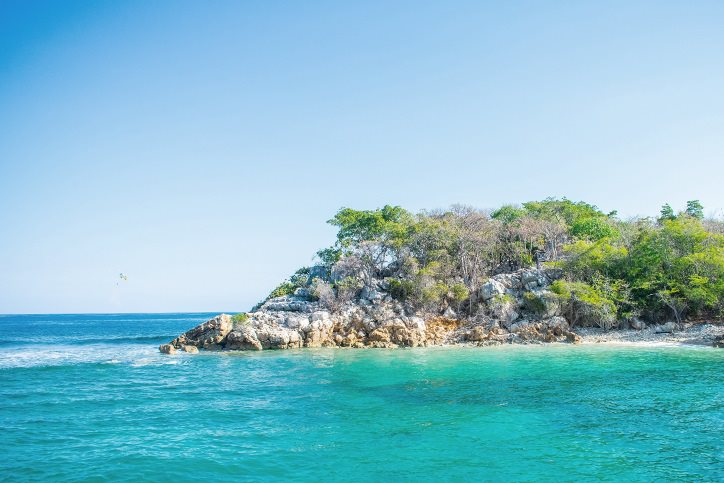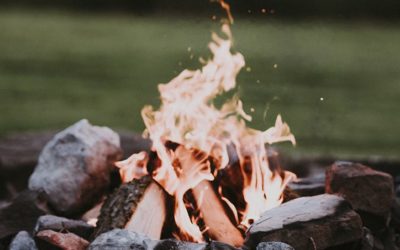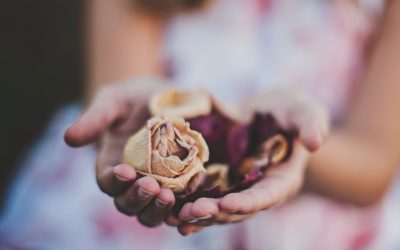Here in America and in most of Canada, we have funeral traditions that have stood the test of time for decades, even centuries.
But our traditions are vastly different from those in other countries and cultures.
This article looks at Haitian funeral traditions and is part of a series that highlights how different cultures care for their dead. Other parts of the series are about New Orleans jazz funerals and Swiss funeral traditions, among others.
Note, these traditions may vary depending on the individual and their own beliefs.
Religion, Death, and Voodoo Rituals
Roman Catholicism is the most common religion in Haiti at 56.8%. The next most popular religions are Protestantism at 29.6%, unaffiliated at 10.6%, and other at 3%.
Haitian afterlife beliefs depend on someone’s religious and personal beliefs. Those who practice voodoo believe the souls go “beneath the waters.” Voodoo is a combination of Catholicism, other Christian denominations, African religions, and folk magic. Unlike other religions, it’s discussed by word of mouth and doesn’t have scriptures. The beliefs vary depending on the region, but most voodoo practicers believe the world is connected to the spirit world.
Haitian Funeral Customs
After a death, family, friends, and neighbors do ritual wailing and praying. Usually, the oldest family member plans the funeral and another family member may do a ritual last bath to show respect to the deceased. For a Haitian funeral, it’s like an elaborate social event with several days of activities. Family comes from out of town, and everyone gathers for meals and men play dominoes.
The Burial
People prefer above-ground burial in a mausoleum to ground burial. Their burial monuments often are elaborately designed and more expensive.
Haitians don’t typically practice cremation and organ donations. Autopsies also aren’t common, but those who practice voodoo sometimes opt for one to make sure the deceased isn’t a zombie.
Mourning Period
After a Haitian funeral, there is a mourning period for seven to nine days. Like the funeral, it’s a time for socialization and rituals to honor the deceased. Everyone gathers to pray, chant, eat, and drink. On the ninth day, there’s a celebration similar to a funeral.
Voodoo practicers believe the soul is free from the body on the ninth day. Then, a year and one day later, they perform a ritual to send the soul to the spirit world with their ancestors. The soul goes into the body of a family member or friend and reincarnates 16 times before permanently staying in the spirit world.
Haitians also celebrate Ancestry Day on January 2nd every year. It’s a day for honoring your ancestors, those who died for their freedom, or died during the past year. They celebrate by eating meals, having parades, and other celebrations to honor their ancestors.





0 Comments